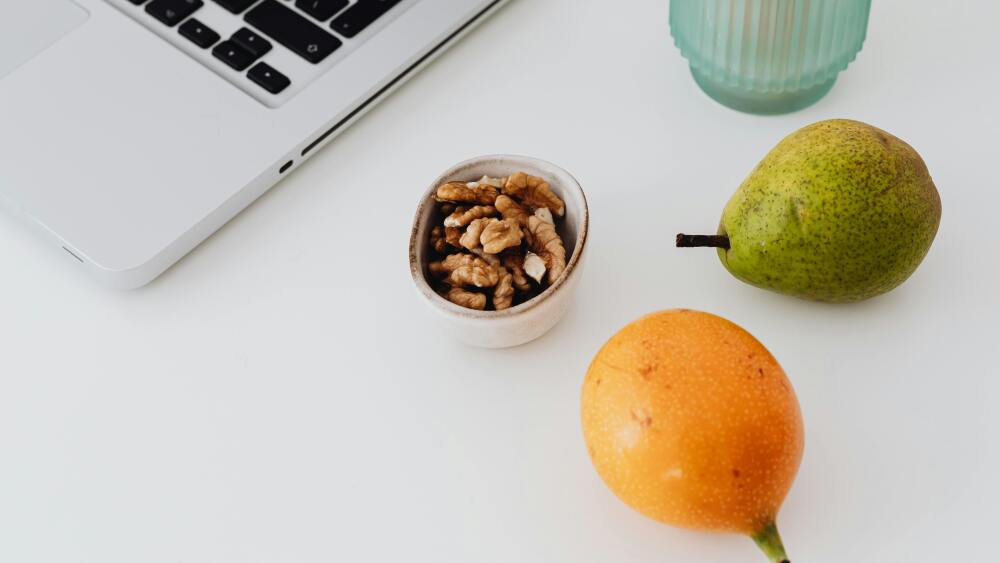Ready to rev up your workout, NOOGA? If the upcoming Summer Olympics have you inspired to take things up a notch and revisit some of the health goals you set at the beginning of the year, you may want to take a look at what’s on your plate.
“The right eating plan is key to maximizing the benefits of your sports and exercise endeavors,” says Matthew Chatfield, MD, with the Erlanger Sports Medicine team.
We asked the experts at Erlanger to help us understand how and which foods can help you step up your performance.
How does food affect our workouts?
“Food provides both quick-acting and long-acting fuel for the body,” says Audrey Picklesimer, MS, Registered Dietitian and Certified Diabetes Educator at Erlanger Metabolic and Bariatric Surgery. “Healthy sources of carbohydrates provide immediate energy for the body to use during a workout, and protein provides longer-lasting fuel.”
What foods should I eat to help fuel my exercise routine?
Picklesimer says:
- Fruit and whole grains: They provide energy and are complex sources of carbohydrates.
- Protein foods (think: lean meats, nuts, and seeds): These help to build muscle and repair muscle fibers after a workout.

Did you know? The colors in produce often signal the nutrients those fruits and veggies contain.
Photo by Pexels
When is the ideal time to eat before a workout?
“Pre-exercise food selection and the timing of eating can make all the difference in your gains and performance,” says Dr. Chatfield. “Eating a healthy, well-balanced meal with a good mix of carbohydrates, proteins, and healthy fats about two to three hours before exercise is a good idea,” says Dr. Chatfield.
What should I eat if I’m running low on time?
“If you only have an hour or less before your workout, focus more on healthy and easily digested carbs and protein (think: fruits, smoothies, or Greek yogurt),” says Dr. Chatfield.
Plus, Dr. Chatfield has good news for coffee lovers.
“Coffee can also act as an ergogenic aid that can help boost your performance to maximize your exercise benefits (just be careful to not overdo it with caffeine).”
What foods should we avoid before and after a workout?
“High-fat meals, like fried, greasy foods, and a lack of carbohydrates, may cause poor workout performance and endurance,” says Picklesimer. “Fried foods may also contribute to unwanted side effects like stomach upset and feelings of sluggishness.”


